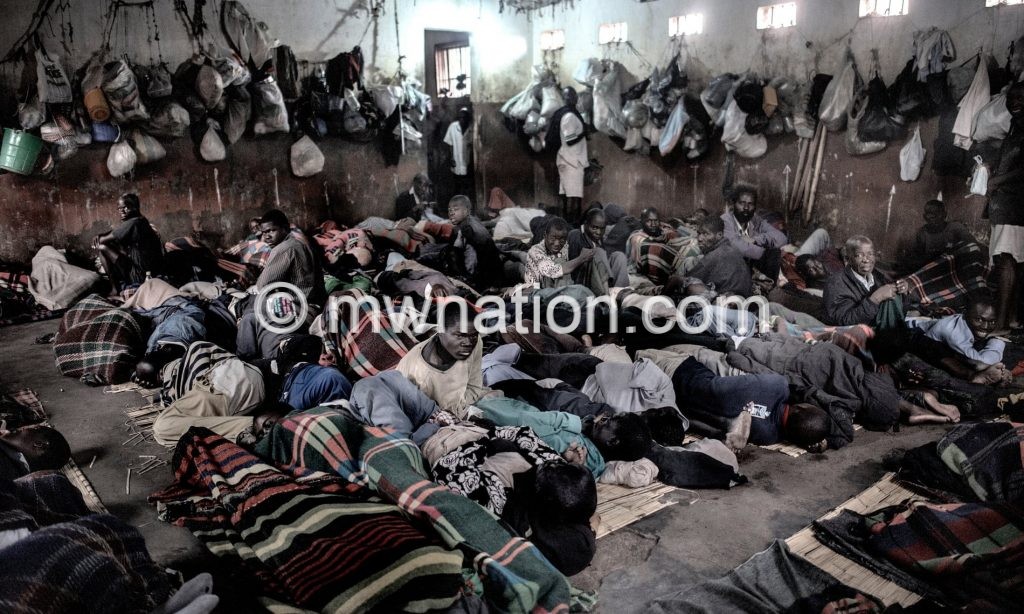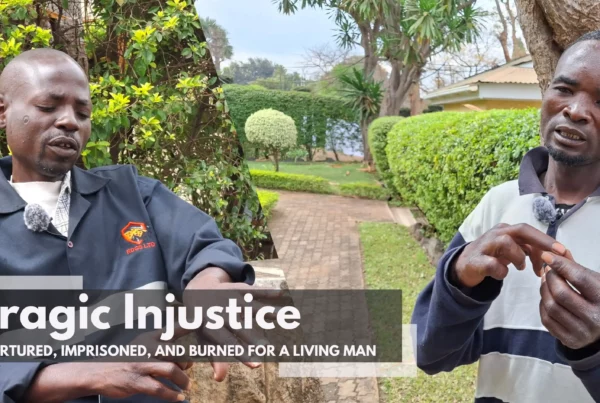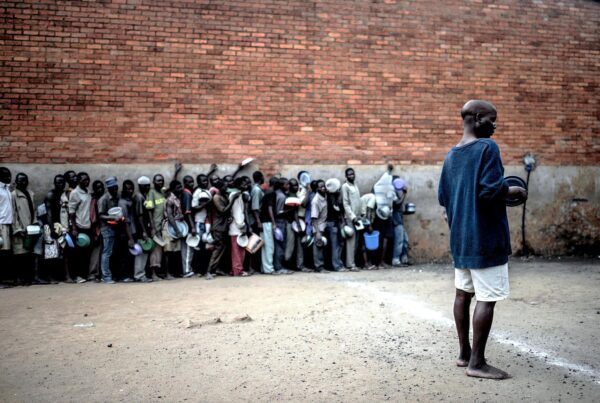The Nation, 22 November, 2022
By Victor Mhango
This November, Malawi Parliament will discuss the long-overdue Correctional Services Bill, formerly the Prisons Bill.
The mystery surrounding this important law is astounding, with Minister of Justice Titus Mvalo recently telling inmates at Maula Prison that it would soon be presented in Parliament. This is despite several news reports that the Bill had not even been presented to his ministry.

However, the good news is that the Bill has finally reached the Ministry of Justice and that it is due for discussion during the forthcoming parliamentary meeting.
Should the Bill be tabled this month, it will be about 20 years since it was drafted.
In 2003, Penal Reform International visited Malawi to assist policymakers and legislators draft the Bill that would change the prison framework from an out-dated, colonial-era model adopted in 1956 to one premised on democracy, human rights and rehabilitation.
This initial Bill was shelved in the late 2000s for not being in line with the country’s socioeconomic realities. In 2013, a special law commission drafted a new Bill, published in 2018. Since then, there has been no movement to turn the Bill into law.
This is despite the government regularly reiterating to various international human rights bodies, prisoners and stakeholders that it is committed to passing the Prisons Bill.
Recently, the proposed law was renamed the Correctional Services Bill to align it with international human rights standards, where prisons are supposed to rehabilitate inmates, not to punish them.
The Bill proposes a number of important changes, including open prisons, a parole system, halfway houses and ensuring that prisons keep the money generated by prisoners’ work for refurbishment of correctional facilities.
Due to the country’s progressive Constitution and evolution of human rights since the colonial Act was enacted in 1956, there is a desperate need for the Bill to pass.
Also, numerous things within Malawi’s prison system need to change. The prisons are deplorable and overcrowded.
Their total capacity is 5 600 inmates and the newest prison in Malawi was built in Mzimba in 2006.
In 2020, the population of inmates fell to about 12 000 inmates following efforts to decongest prisons amid the Covid-19 pandemic, which spreads fast in overcrowded settings.
However, within two years, the total prison population has shot up to about 17 000. This puts the prisons at 300 percent capacity, making Malawi prisons some of the world’s most overcrowded.
Recently, we also read about the food crisis in prisons, where some inmates had not eaten in six days. As it stands, they are only fed once a day and receive no relish. The lucky few heavily rely on their relatives’ benevolence.
The food crisis is not only affecting prisoners, but also the wider communities.
The extent of farming infrastructure varies from prison to prison, but many do not have the sufficient capability.
This is bizarre, considering numerous benefits farming practices would yield for the prisons, including self-sustenance, income for local permaculture organisations and farmers, freeing up income for prisoners’ families, rehabilitative projects for prisoners as well as the development of new skills sets.
It is also important to remember that it is the poorest in society who end up in prisons. Rarely do the rich and powerful get long prison sentences.
People in the country is suffering. Many people are imprisoned for petty theft and are essentially punished for being poor.
If Malawi does not make an effort to change the prison system and shift the focus from punishment to rehabilitation and tackling selective justice, the prison population will keep growing and people, both within and outside of the prisons, will keep suffering.
*Kiely is the country programme manager for Irish Rule of Law and Mhango is the executive director of Centre for Human Rights Education Advice and Assistance.




